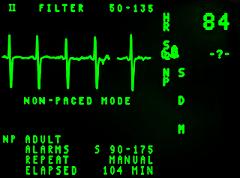
End-of-Life Instructions
In Michigan (as in Florida, as demonstrated in the notorious Schiavo case), a patient must give an explicit advance directive to withdraw life support under various circumstances. Your Patient Advocate speaks when you, the patient, cannot participate in your health care decisions. End-of-life instructions are contained in a customized document called “Living Will Guidelines – Advance Health Care Directive.” John will provide a popular template based on State Bar of Michigan and University of Michigan Health System language. Together, we will edit your own instructions for your care and comfort, and any “end-of-life values statement.”
Some of John’s clients have begun to explore the limits of enforceable post-death authority, e.g., to promote in-home funerals, cremation or “green burial” practices. John supports this effort, along with organ donation, within the changing legal and practical environment.